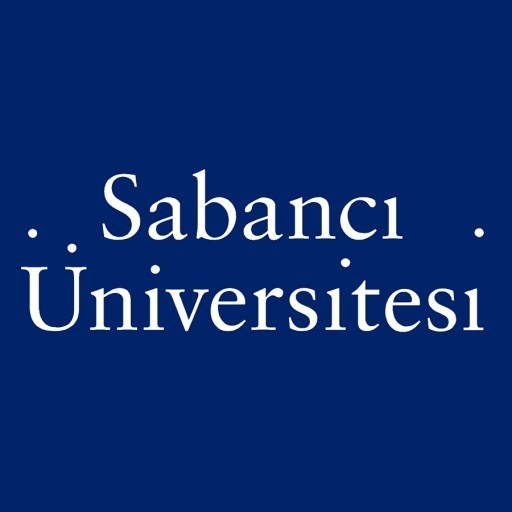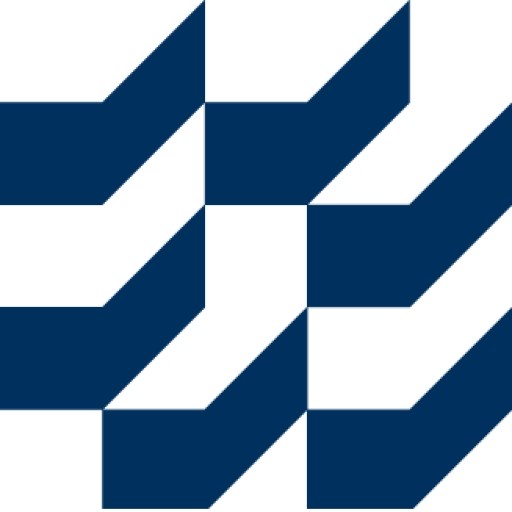Industrial engineers are more than just engineers - they're intermediaries between the worlds of business and science. Due to their broad training in engineering and scientific disciplines as well as in economics, they are able to solve complex, interdisciplinary problems with technical feasibility and economic success. The Industrial Engineering study course was originally conceived to ensure sound training for junior staff in enterprises. Today, industrial engineers are recognised for being substantially educated and as a result hold key positions in international technology-oriented commercial enterprises. Our Industrial Engineering undergraduate course places emphasis not only on the combination of the basic subjects of economics and engineering but goes far beyond this.
Educational organisation
The structure of the Industrial Engineering BSc course is derived directly from the typical structure and organisation of technological enterprises and the career profiles which can be found there. In the first semesters, the foundation is set by teaching the basis of scientific engineering and economics. Building on this, the core subjects, relevant to functions within a commercial enterprise, are taught. These comprise subject areas from technical purchasing, innovation, and production development processes to the actual production, technical marketing, and sales. In order to meet the very high standards of internationality and interdisciplinarity, subjects such as conflict management, intercultural management and entrepreneurship will be covered, and the students will gain a wealth of soft skills. The final touch of knowledge and skills required to qualify for demanding tasks in companies is imparted through subjects such as innovation and technology management, project management and general management.Study abroad unit(s)
In the sixth semester, students must complete an internship (in Germany or abroad). We provide support in selecting the partner institutions/companies as well as in raising funds.Internships
In the sixth semester, students must complete an internship (in Germany or abroad). We provide support in selecting the partner institutions/companies as well as in raising funds.Forms of assessment
Written examination, oral examination, laboratory reportsCourse objectives
A wide variety of vocational opportunities are open for industrial engineers. They are defined at the interface between technology and economics, with a focus on analysis, solution identification, and management of demanding challenges.Language requirements
Please note that for Bachelor's degree programmes English language skills at level B2 according to the Common European Framework of Reference are required. Please be aware that all applicants' test report form numbers will be checked. The following certificates are accepted:IELTS: 6.0 - 6.5
TOEFL (internet-based test): minimum 80
TOEFL (paper-based test): minimum 550
TOEFL (computer-based test): minimum 213
The TOEFL code of our university is: 6962
The only exceptions to these language requirements are a secondary school certificate or a Bachelor's degree achieved in the following countries: USA, Canada, UK, Ireland, Australia or New Zealand.
Academic requirements
German entrance qualification for universities of applied sciences or equivalent (http://anabin.kmk.org/)Enrolment fees
Approx. 270 EUR per semester. This covers nominal administration fees and includes a semester ticket that allows free travel on most bus and train routes throughout the state of North Rhine-Westphalia as well as to and from Nijmegen in the Netherlands.Costs of living
The "Deutsches Studentenwerk" puts the average cost of living for students in Germany at around 700 to 800 EUR per month. This includes rent, utilities, personal expenses, and other nominal costs. For a sample breakdown of living expenses and information about financing your studies in Germany, please see our website: http://www.hochschule-rhein-waal.de/en/academics/students/costs-scholarships-and-grants.Job opportunities
International students from non-EU countries are legally permitted to work 120 full days or 240 half days per year on a student visa. No additional authorisation from German authorities is required.Rhine-Waal University of Applied Sciences often posts job advertisements for students both inside and outside the university on campus noticeboards. Some jobs at the university only require English, but most jobs in Kleve, Kamp-Lintfort, and surrounding areas will require at least conversational fluency in German. Fortunately, our Language Centre offers German courses that students can attend at no charge.
However, due to the intense workload at Rhine-Waal University of Applied Sciences, first-year students are strongly advised to dedicate their full attention to their studies. In later semesters, you will have a more open schedule and a better idea of how to balance work and studies. This is also a realistic time frame for acquiring speaking proficiency in German while studying full-time.
Funding opportunities within the university
A limited number of scholarships are available for currently enrolled students at Rhine-Waal University of Applied Sciences. The most prominent scholarship is the Germany Scholarship ("Deutschlandstipendium"). German and international students are both eligible to apply. The Germany Scholarship is a stipend of 300 EUR per month awarded each year to a limited number of students who have demonstrated excellent academic performance or exemplary social commitment to the community. Other scholarships, grants, and fellowships are available through regional and national organisations in Germany. Please see our website for details.Rhine-Waal University of Applied Sciences informs all students of important scholarship deadlines in advance so that they don't miss any potential application opportunities.
http://www.hochschule-rhein-waal.de/en/academics/students/costs-scholarships-and-grants/scholarships-and-grants
Arrival support
Rhine-Waal University of Applied Sciences is accessible from the international airports Amsterdam (AMS), Düsseldorf (DUS), Cologne/Bonn (CGN), and Weeze (NRN). The university does not offer any pick-up services, but both Kleve and Kamp-Lintfort can be reached by public transportation from any of these airports.If you anticipate any travel problems, delays, or unexpected changes to your plans, please contact our Welcome Centre so that we can support you with helpful advice.
Services and support for international students
Our Welcome Centre supports international students during their first few weeks in Germany. The Welcome Centre provides helpful advice and guidance on contracts, opening a bank account, registering your place of residence, applying for a student visa, setting up health insurance, and more.The student mentors at the Welcome Centre know first-hand what it's like adjusting to life as a student in Germany. They are also an important first contact point for students with personal and social issues, as they can direct students to the right place for their specific needs. The Welcome Centre also promotes student culture at the university by organising trips and excursions to destinations all around the region as well as a range of social events for students such as the annual "Freshtival", the university's week-long orientation festival for new students in the winter semester.
Accommodation
Rhine-Waal University of Applied Sciences strongly urges you to make accommodation arrangements before your arrival. The university does not have its own residence halls, but the "Studierendenwerk Düsseldorf" runs dormitories near campus in Kleve and Kamp-Lintfort with options for single rooms or two- and three-room flats. Prices start at around 220 EUR per month. Room availability in these dormitories is limited and subject to a waiting list, so it's important to register online for a room as soon as possible. Please note that a security deposit of three months' rent is also required.Most students choose to share a private flat off campus with fellow students. There are a number of popular online portals for finding a flat in Germany, for example: http://www.wg-gesucht.de. Rhine-Waal University of Applied Sciences also maintains its own list of available flats and rooms for students on its website. Thanks to the flexibility of the Semester Ticket, students can live in Kleve, Kamp-Lintfort, or one of the many cities and towns nearby and reach campus by public transport. For more information and helpful tips on finding a flat, please see our website: http://www.hochschule-rhein-waal.de/en/academics/prospective-students/housing.







